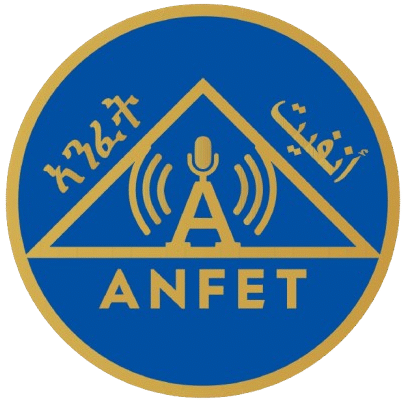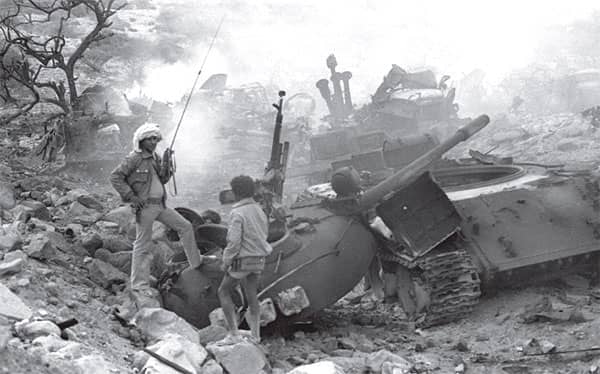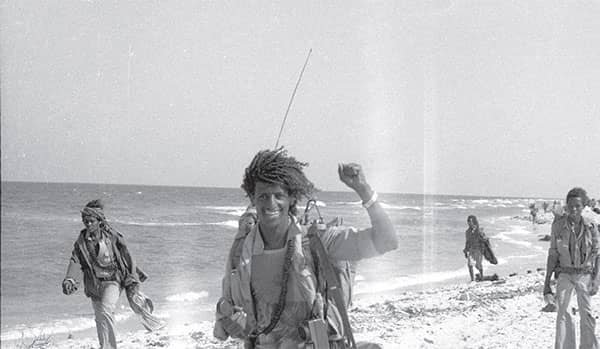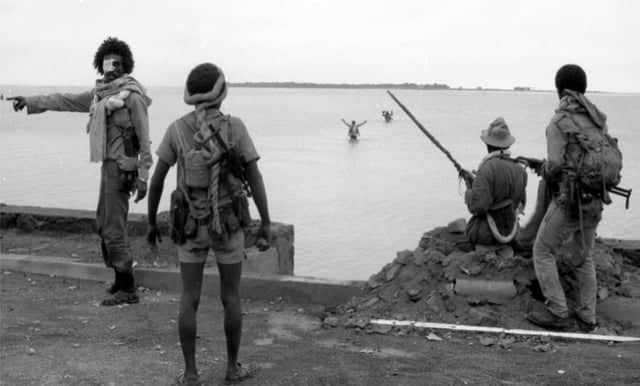
ANFET SPECIAL EDITION-May 14, 2025
The Horn of Africa is undergoing a seismic political shift, with foreign interventions, shifting alliances, and internal power struggles threatening to reshape the region’s stability. The recent security agreement between Iran and Ethiopia, coupled with UAE’s backing of Ethiopia and Hemeti’s RSF, has deepened geopolitical tensions, particularly for Eritrea and Sudan.
Ethiopia’s Electoral Board Delegitimizes TPLF: A New Political Realignment
In a major political shake-up, Ethiopia’s National Election Board (NEBE) has officially revoked the TPLF’s status as a recognized political party (Borkena.com). Once a dominant force within the EPRDF ruling coalition, the TPLF’s delisting further isolates it from Ethiopia’s federal political structure, potentially pushing it toward new alliances. This decision could drive the TPLF to align with the Sudan-Eritrean alliance, creating an uncharted political landscape in Ethiopia. If the TPLF seeks external partnerships, it may reshape regional power dynamics, further complicating the conflict between Ethiopia and Eritrea.
Tigray’s Best Option: Permanent Neutrality
As Ethiopia’s political landscape enters uncharted territory, the only strategic path for Tigray may be to adopt a policy of permanent neutrality in accordance with the Pretoria Agreement. By staying neutral, Tigray can:
- Avoid entanglement in regional conflicts, preserving its internal stability and protecting its long-term political influence.
- Prevent future retaliation from the Ethiopian federal government, ensuring a safeguarded political presence in Ethiopia’s future governance.
- Position itself as a neutral mediator, allowing Tigray’s political leadership to emerge as a strong regional player without aligning with factions that could damage its interests.
A neutral Tigray creates new strategic possibilities for Ethiopia’s broader political structure while also protecting the region’s autonomy.
Sudan’s Role: A Buffer or a Battleground
Sudan’s dual alliances with Eritrea and Iran place it in a precarious diplomatic position. While Burhan’s alignment with Eritrea strengthens regional security, Sudan’s historical ties with Iran add another layer of complexity. If Sudan leverages its relationships strategically, it could serve as a buffer against Ethiopian expansionism. However, if Sudan fails to balance its alliances, it risks becoming a battleground for competing interests.
The Consequences of Foreign Intervention
With UAE backing Ethiopia and Hemeti’s RSF, and Iran strengthening ties with Sudan and Ethiopia, the Horn of Africa is on the brink of a major geopolitical shift. If these alliances fuel military ambitions, the region could descend into prolonged instability, disrupting trade, migration, and diplomatic relations.
Call to Action: Preventing Regional Destabilization
The Horn of Africa must not become a proxy battleground for foreign interests. Global leaders must act now to:
- Condemn territorial ambitions that threaten Eritrea’s sovereignty.
- Encourage diplomatic resolutions over military escalation.
- Prevent external interference that could destabilize the region further.
The future of the Horn of Africa depends on decisive action. Intervention in the wrong direction will only deepen the crisis—it is time for regional actors to prioritize stability over conflict.







